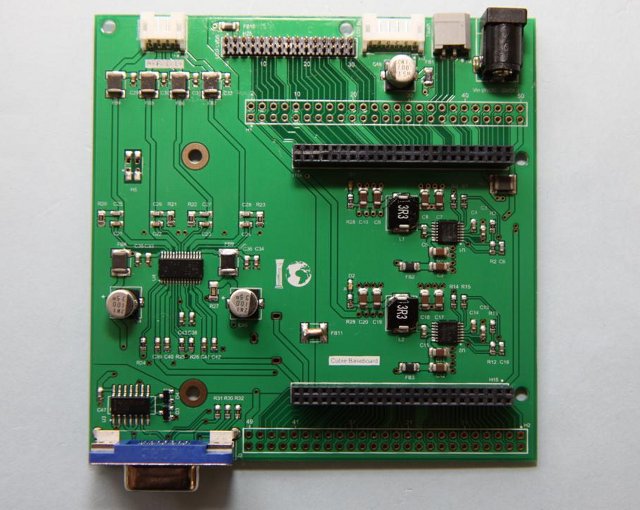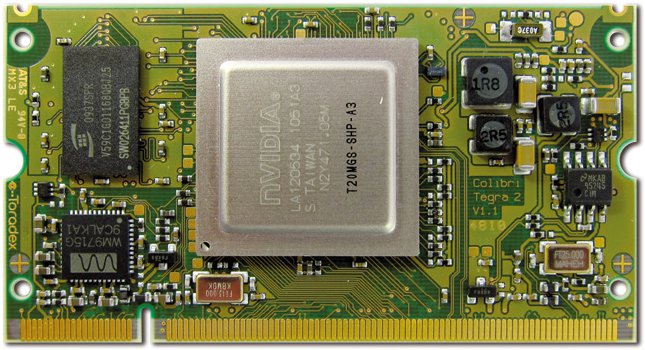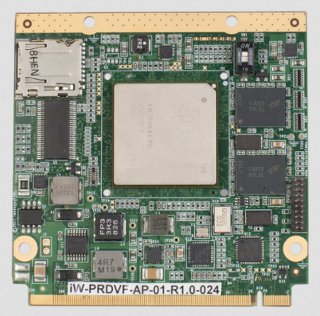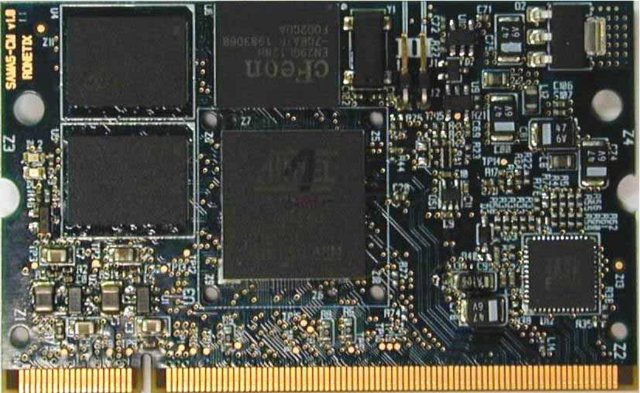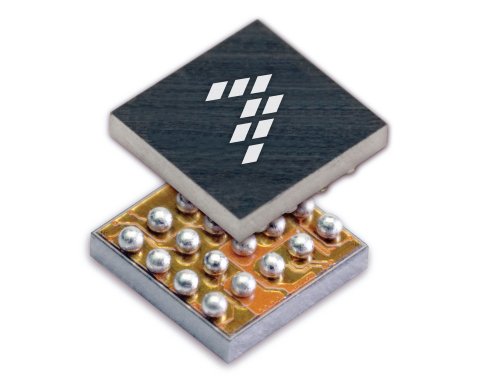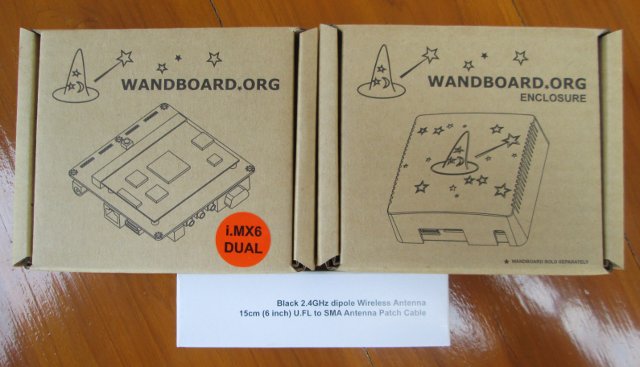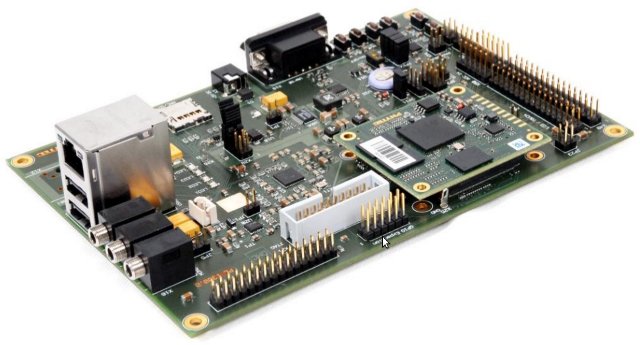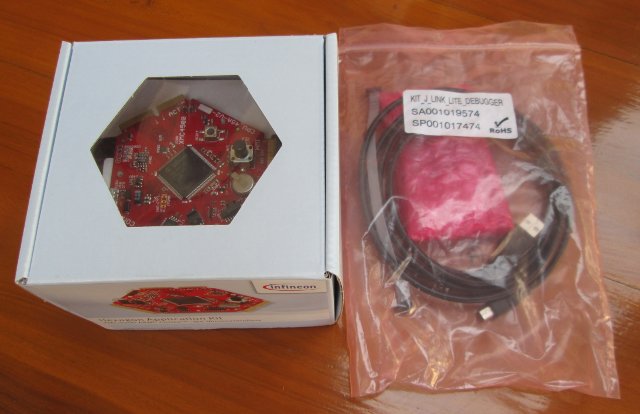The Cubieboard is a low cost development board powered by AllWinner A10 with 512MB/1GB RAM, 4GB NAND and lots of interfaces. However some of processor interfaces are only available via the extension headers, and access to interfaces like VGA and LVDS would normally require some (minor) hardware hacking. That’s why George Ioakimedes (IO Technologies LLC) has decided to design and manufacture a carrier board (baseboard) for the Cubieboard. The Cubie baseboard provides the following: 2mm pitch female sockets to insert the Cubieboard All 96 Cubieboard pins brought out to 0.100″ (2.56mm) pitch headers 4-pin power header to match optional power input header on Cubieboard LVDS header with separate LCD Backlight connector to match low cost LVDS cable 4-wire touch screen connector Standard 2.5mm DC jack, 12V-18V input Onboard 5.0V switching regulator to power the Cubieboard and provide 3A (available on 0.100″ header) Onboard 3.3V switching regulator to power LCD and […]
Are You a Student? You Could Win a Toradex Colibri NVIDIA Tegra Kit and Up to $20,000
Toradex has launched the “Embedded Design Challenge”, a global design challenge for students and enthusiasts with a background in Research & Education. All you have to do is to submit your proposal, and if it is selected you’ll receive a free Toradex Colibri NVIDIA Tegra Kit (worth 250 USD) to realize your project. Toradex did not mention whether the kit is based on their Tegra 2 or Tegra 3 modules, but I assume they’ll provide “Toradex Colibri NVIDIA Tegra Kit” composed of Colibri T20 CoM (Tegra 2 + 256 or 512 MB RAM+ 512 MB / 1 GB Flash) and the Iris carrier board. This kit can run either Windows Embedded Compact 7 or Linux. You can find more information about the kit and associated resources on a previous post. To apply, you’ll need a resume (PDF), a proof of your enrollment with an educational institution (e.g. copy of your […]
iWave Systems Launches RainboW-G12M-Q7 SoMs Powered by TI Sitara AM389x/DM816x Processor
iWave Systems, an embedded systems company based in Bangalore, India, has unveiled new Qseven Modules powered by Texas Instruments Sitara AM389x/DM816x ARM Cortex-A8 microprocessor clocked up to 1.5 GHz. Rainbow-G12M-Q7 modules target applications such as Single-Board computers, network and communication processing, industrial automation, human machine interface (HMI), medical electronic devices, video surveillance systems and interactive Point-of-Service (PoS) kiosks. Here are the modules specifications: CPU – TI AM389x/DM8168 ARM Cortex-A8 based Sitara Processor operating up to 1.5 GHz Memory: 1GB DDR3 SDRAM 128 MB NAND Flash On-Board Micro SD slot 230-pin Qseven Edge Connector: 1x PCIe v2.0 1x HDMI 1.3 2x SATA LVDS channel 1 x USB 2.0 Host | 1x USB 2.0 device I2S Port SD/SDIO SPI & I2C ports Expansion Connector: Gigabit Ethernet HD Video IN/OUT Ports Analog Video OUT Audio IN/OUT ports UART, GPIOs Form factor – Qseven R1.20 compatible (70mm x 70mm) Temperature Range – 0 to […]
Ronetix SAMA5D3x-CM System-on-Modules Powered by Atmel SAMA5D3 eMPUs
Earlier this month, Atmel launched SAMA5D3 Cortex A5 embedded processor family, and Ronetix recently unveiled CPU modules based on the platform. SAMA5D3x-CM are SODIMM SoM based on SAMA5D3 series processor with 512MB DDR2, 256MB NAND Flash, 4MB SPI Flash, and Gigabit Ethernet. The key features of the modules are as follows: MCU – AT91SAMA5D3x series, 536 MHz ARM Cortex-A5 @ 1.2V (SAMA5D31, SAMA5D33, SAMA5D34 or SAMA5D35) System Memory – 512 MB DDR2 SDRAM, 32-bit Storage: 256 MB NAND Flash 16 MB NOR Flash (optional) 4 MiB Atmel SPI Flash One Wire 1024-bits EEPROM and 64-bits ROM Connectivity – 10/100/1000 MBit/s Ethernet Dimensions – 67.6x40mm (SO-DIMM 200 JEDEC MO-274 module) Temperature range – 0° +70°C or -40° to +85° C SAMA5D3-CM boards support Linux 3.6.9 and Android 4.0. Those are actually the modules used in Atmel SAMA5D3 evaluation kits, so Linux and Android support, starter kits, as well as documentation (except […]
Freescale Unveils Kinetis KL02, an Ultra Small (1.9×2.0mm) ARM Cortex M0+ Microcontroller
Freescale Semiconductor introduced the Kinetis KL02, the world’s smallest ARM MCU, at Embedded World 2013. KL02 is an ARM Cortex M0+ micro-controller designed to address the miniaturization needs of the Internet of things, and its size (1.9×2.0mm) makes it suitable for applications such as ingestible healthcare sensing, portable consumer devices, remote sensing nodes, and wearable devices. Kinetis KL02 MCU features include: 48 MHz ARM Cortex-M0+ core, 1.71-3.6V operation Bit manipulation engine for faster, more code-efficient handling of peripheral registers 32 KB flash memory, 4 KB RAM High-speed 12-bit analog-to-digital converter High-speed analog comparator Low-power UART, SPI, 2x IICI2C Powerful timers for a broad range of applications including motor control Power Efficiency – 15.9 CM/mA (Coremark 1.0) -40 °C to +85 °C operation The MCU is manufactured using chip-scale package (CSP) technology that allows to connect the die directly to the solder ball interconnects and, in turn, to the printed […]
Wandboard Dual Unboxing and Quick Start Guide
I’ve just received Wanboard Dual development board together with an enclosure, and Wi-Fi antenna. This board is powered by Freescale i.MX6 Duallite Cortex A9 processor, and comes with 1GB RAM, HDMI output and Ethernet. There’s also a version based on Freescale i.MX6 Solo with 512 MB RAM. You can refer to my earlier post for more detailed specifications. I’ll start by showing some unboxing pictures of the board, and write a quick start guide (casing assembly, Ubuntu & Android boot, and development). I also planned to run some benchmarks and test videos, as according to a poll on Wandboard website many people want to use it as a media player, but I’ll do that a bit later since the current Android image is not up to the task yet. Wandboard Dual Unboxing The package I received contained 3 boxes: one for Wandboard Dual board, one for the enclosure, and one for […]
Phytec India Unveils “Open Board-AM335x” Development Kit
PHYTEC has launched the Open Board-AM335x development kit in order to support Linux and Android development on Texas Instruments AM335x Sitara ARM Processors in India. The Open Board-AM335x is comprised of a baseboard and phyCORE-AM335x SoM, and comes with 512 MB DDR3 SDRAM, 512 MB NAND Flash, and optionally, 8 MB SPI Flash. The baseboard is open source hardware as schematics and Gerber/BOM are freely available. Here are the key features of Phytec Open Board-AM335x: SoM – PhyCore-AM335x with ARM Cortex-A8 processors @ 720 MHz (AM3352, AM3354, AM3356, AM3357, AM3358 and AM3359) System Memory – 512 MB DDR3 RAM Storage – 512 MB NAND + SD Card slot + 8 MB SPI NOR Flash (Optional) + 32 KB EEPROM (Optional) Serial – 1x UART (RS232) + 4x UART (TTL) USB – 1x USB Host + 1x USB OTG Connectivity – 1x 10/100/1G Ethernet Audio – WM8974 Codec Display Interfaces – 24 bpp TTL […]
Infineon Hexagon Application Kit (XMC4500 Enterprise Edition) Overview and Quick Start Guide
A few months ago, Infineon sent me XMC4500 Relax Lite Kit for review, and I wrote a short Getting Started Guide about this 10 Euros Cortex M4 devkit. This month, I’ve received another XMC4500 kit with more features and expansion abilities: XMC4500 Enterprise Edition which is one of their Hexagon Application Kit. I received two packages: CPU Board XMC4500 General Purpose (CPU_45A-V2) with accessories (55 Euros) – This is what you get when you order to Basic Kit. J-Link Lite Cortex-M Debugger (40 Euros) Let’s open the packages and see what’s inside. In the first package, we’ve got XMC4500 CPU board, a pin extension board that can be used on any of the 3 extension connectors of the CPU board to access the signals easily, and a microUSB to USB cable for power. The JLink debugger comes with a 10-pin ribbon cable, and a microUSB to USB cable to connect to the […]


